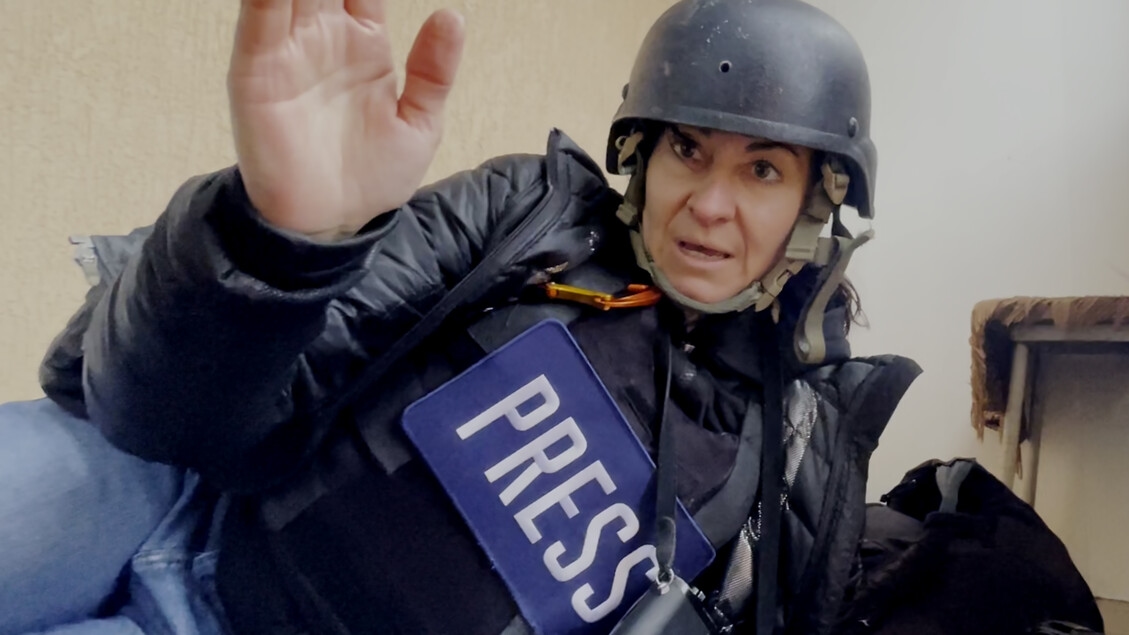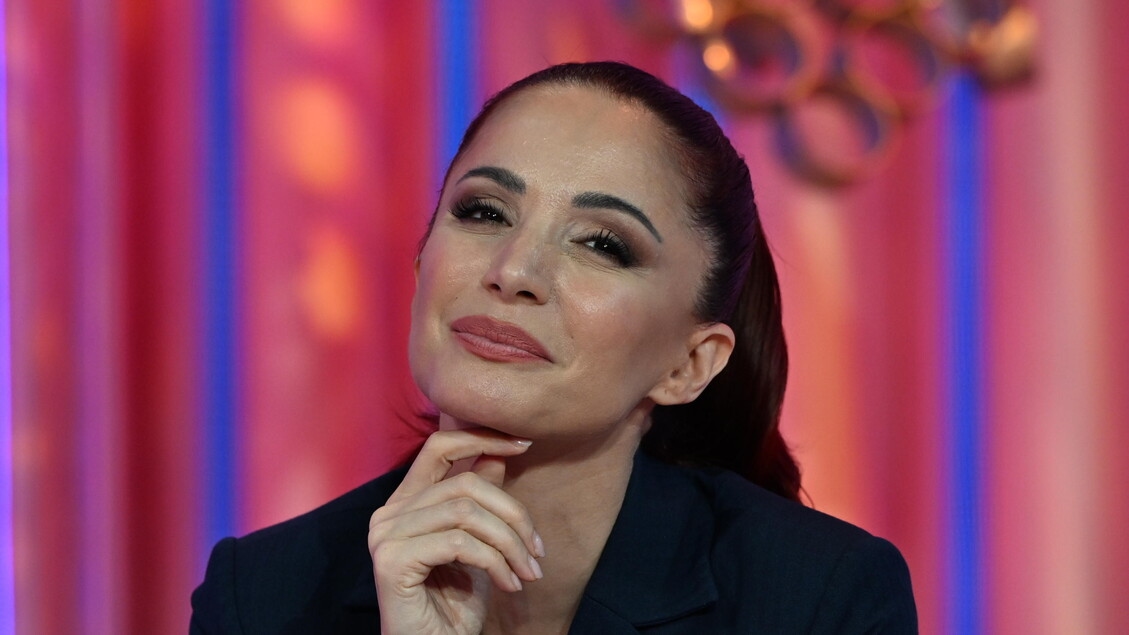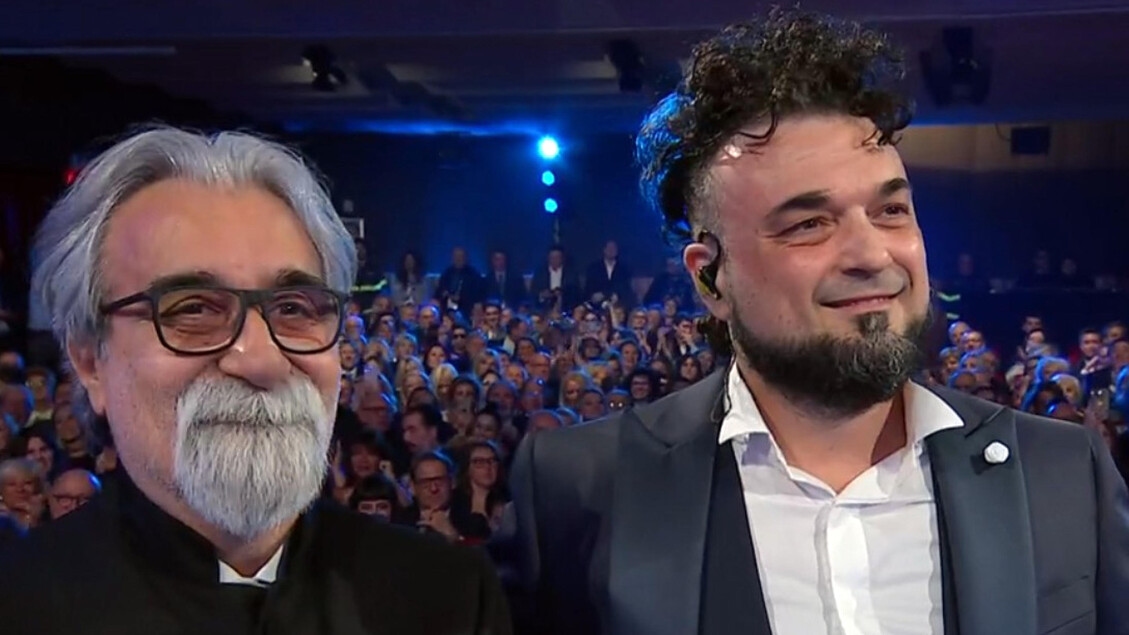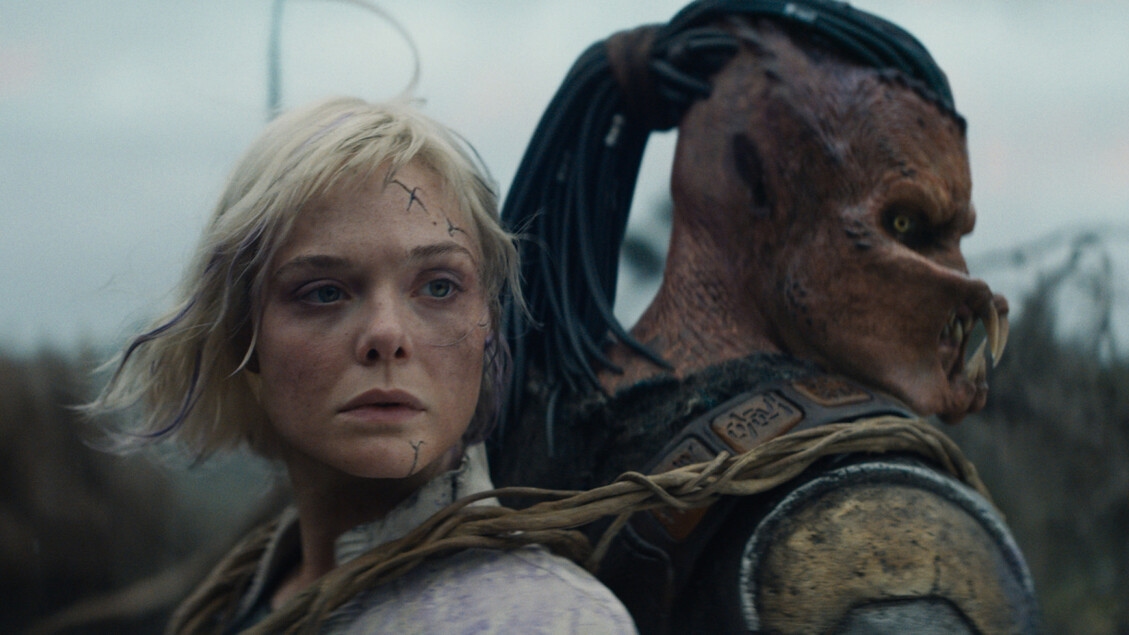Love+War: Pulitzer Prize-winning photojournalist Lynsey Addario opens up

Many had tried to make a documentary about Lynsey Addario, a New York Times photojournalist who won the Pulitzer Prize in 2009 for her coverage of the war in Afghanistan and Pakistan. She had refused each time. "It seemed a bit narcissistic. Why would they follow me?" she said. Yet, she said yes when Chai Vasarhelyi and Jimmy Chin, Oscar-winning directors for "Free Solo" about climber Alex Honnold, stepped forward. Thus was born "Love + War," a National Geographic documentary available on Disney+ from November 7. "I had no doubts," she explained to ANSA in a livestream from London. "Other directors had contacted me in the past, but it was never the right time. Chai and Jimmy are extraordinary talents: I love their ability to capture passion and tension in their films, from 'Free Solo' to 'The Rescue.' And the fact that they work as a pair, a man and a woman, convinced me. Chai brings a female gaze, and that was important to me. Then it was the beginning of the war in Ukraine, my first assignment for the New York Times in five years: it was the right time."
Filmed between 2022 and 2024, 'Love+War' follows Addario from the first weeks of the Russian invasion to her reporting in the Middle East, Africa, and South America. At the same time, it shows her returning to London, burdened with bags and trauma, home to her husband and two young children, who ask for her. "When Paul (de Bendern, a former Reuters journalist) and I talked about the documentary, he also thought it was important to open up, to share our daily lives without filters," says Addario. The filmmakers managed to remain discreet. "We couldn't follow her into war: The New York Times would never have given us permission. It wouldn't have been safe. But we were lucky," explains Vasarhelyi.
"Lynsey works with Ukrainian journalist Andriy Dubchak, who accompanies her in the field and films her: this is why the film is so intimate and visceral. Lynsey's work is delicate, requiring a relationship of trust and intimacy with the people she meets and portrays. Adding a crew would have been like putting a circus around her. We preferred to disappear, to truly capture her process," explains the director in the same interview, who followed the same approach for the domestic sequences, the "respite" between one assignment and the next: "Our director of photography Thorsten Thielow shot almost everything himself."
At home or at the front, Addario is not two different people. War and love are not two separate and contradictory moments in her life, but they shape it every moment (hence the '+' in the title). She doesn't stop working, studying, and preparing when she's in London, between a school play, lunch with relatives, and bathing her children. But above all, she doesn't stop being a mother and a woman when she's in the field: she's moved by the wedding of two soldiers, she feels the pain of African mothers dying in childbirth, she returns to seek out a young and fragile elementary school teacher forced by the conflict to become a militia member. "Where do I put all the pain I document? I think I channel it into my work," she tells ANSA. "I allow myself to feel, to cry, to process it little by little. But then sometimes the trauma overflows at the most unexpected moments. I can watch a comedy like 'Wedding Crashers' and burst into tears for no reason. The music, the memories: it doesn't take much to let it all out." For Vasarhelyi, "this film, in this moment" is also a political act. "In a time when truth is under attack, 'Love+War' is an act of love for humane journalism. It shows how important it is to be physically present, to bear witness, to look at others with empathy. Lynsey is a mother, daughter, sister, wife: her sensitivity shines through in every image, and that's what makes her shots so powerful."
ansa





